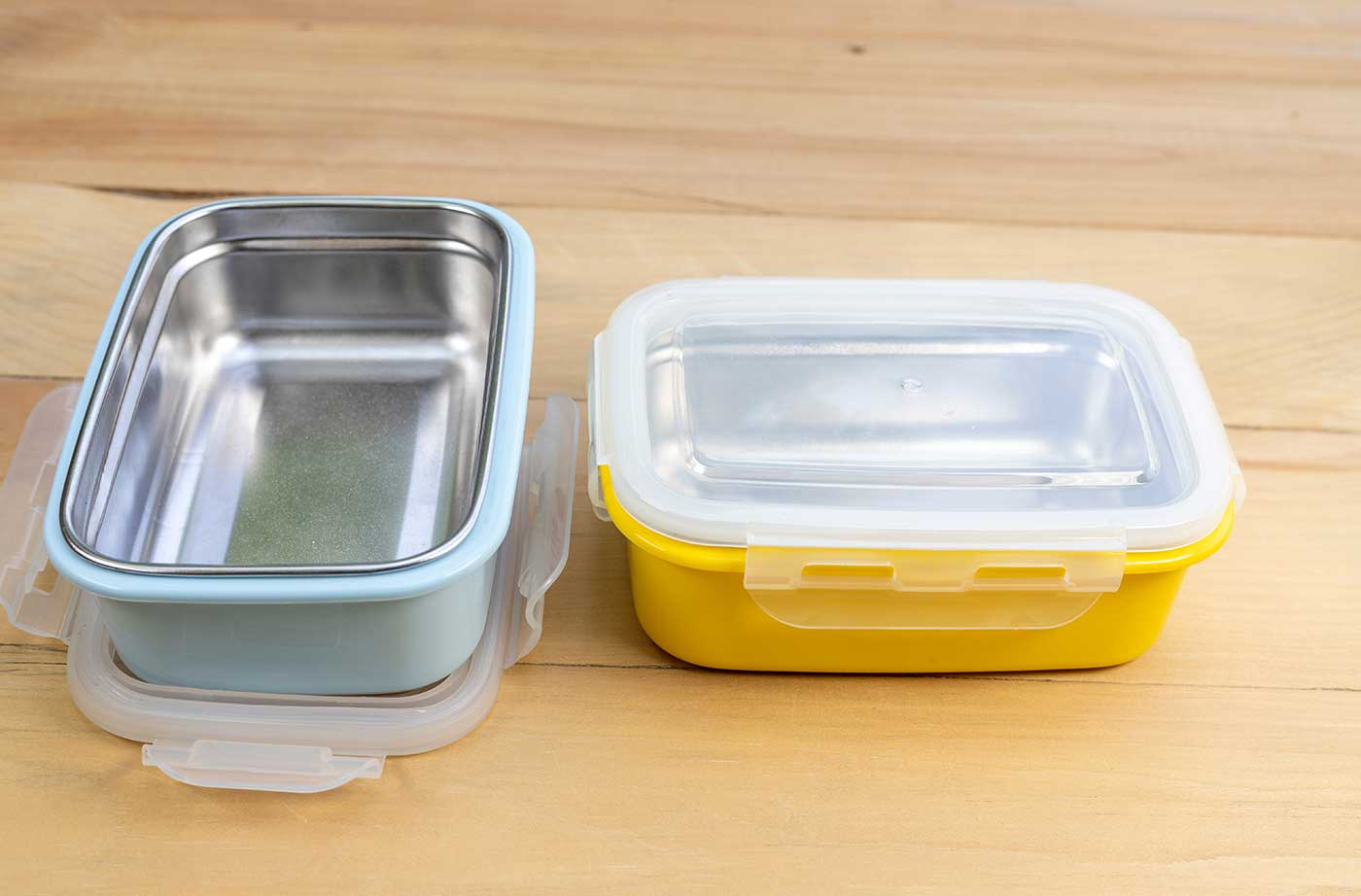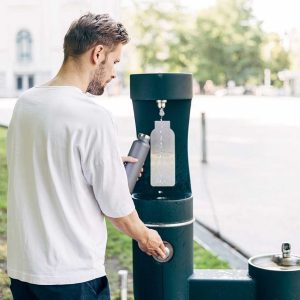Local policies are a powerful catalyst for source reduction and reuse. Upstream’s Reuse Policy Playbook provides an in-depth overview of local and state policy options for tackling the throw-away culture. Some of the most effective options include:
Accessories on Request (aka "Skip the Stuff")
These policies require foodservice establishments and third-party delivery services to withhold disposable accessories (straws, stirrers, forks, chopsticks, and condiment packets) unless they’re specifically requested by customers.
Model Policy: Upstream’s model Skip the Stuff policy
Campaign Resources: Skip the Stuff campaign toolkit
- Real-life Examples:
- In Chicago, a local law requires any food dispensing establishment to only provide single-use foodware upon request from the customer — including online delivery orders — or at a self-serve station.
- Honolulu’s ordinance focuses on stirrers, straws, and utensils, and also includes bans on plastic bags and polystyrene foam containers.
- New York City passed one of the most recent Skip the Stuff policies
- Washington State has enacted Skip the Stuff statewide!
- For updated references and more examples, see Upstream’s Reuse Policy Tracker.
Reusables for Onsite Dining
These policies require foodservice establishments and any other businesses that offer on-site dining to use reusable service ware.
Model Policy: Upstream’s model Reusables for Onsite Dining policy (part of a comprehensive model foodware reduction ordinance)
Campaign Resources: Upstream’s Reuse Wins Toolkit — be sure to browse the downloadable graphics
- Real-Life Example:
- The Town of Banff in Alberta, Canada, enacted a comprehensive bylaw requiring businesses to provide reusable foodware for on-site dining and reusable options at self-service stations.
- For updated references and more examples, see Upstream’s Reuse Policy Tracker.
Encouraging BYO (Bring-Your-Own)
 This category includes a range of policies aimed at enabling and encouraging customers to bring their own refillables. They typically include requiring businesses to charge for disposables (such as bags or cups) and ensuring that reusable options are available for an equal or lower cost. US Reduces is a coalition focused entirely on enabling BYO through both policy and non-policy actions. Maine’s statewide Refilling Returnables policy allows restaurant patrons to use their own take-out containers for leftovers, and allows for refilling returnables such as growlers, milk bottles, take-out trays, etc.
This category includes a range of policies aimed at enabling and encouraging customers to bring their own refillables. They typically include requiring businesses to charge for disposables (such as bags or cups) and ensuring that reusable options are available for an equal or lower cost. US Reduces is a coalition focused entirely on enabling BYO through both policy and non-policy actions. Maine’s statewide Refilling Returnables policy allows restaurant patrons to use their own take-out containers for leftovers, and allows for refilling returnables such as growlers, milk bottles, take-out trays, etc.
Model Policy: Cup Charges: Upstream’s model BYO Cups policy (part of a comprehensive model foodware reduction ordinance)
Campaign Resources: Upstream’s Cup & Container Charges Fact Sheet
- Real-Life Examples:
- The City of Berkeley’s January 2019 Single-Use Foodware and Litter Reduction ordinance was the first policy in the world to enact a city-wide mandatory consumer charge for take-out throw-away cups.
- Since 2019, several more jurisdictions in California have adopted similar cup charge policies, with some including containers and utensils as well (Arcata, Fairfax, San Anselmo, City of Santa Cruz, Santa Cruz County, and Watsonville).
- For updated references and more examples, see Upstream’s Reuse Policy Tracker.
Reuse at Events and Government Facilities
Model Policies:
Upstream’s model Reusables at Events & Facilities policy (part of a comprehensive model foodware reduction ordinance)
Upstream’s model government purchasing policy for reusables
- Real-Life Examples:
- San Francisco, California, requires reusable cups at certain events requiring city permits or held at city facilities. Read more of the City's zero-waste policies here.
- A similar policy was enacted in San Luis Obispo, also covering government facilities.
- For an inspiring example of a comprehensive local ordinance that combines many policy best-practices into one, check out the Ecology Center’s Disposable Foodware Policy Toolkit. This in-depth, free toolkit outlines exactly how the City of Berkeley, California, passed the nation’s first foodware reduction law in 2019. You can also gain some insights into how the ordinance has been implemented so far in Upstream’s Indisposable Podcast: From policy to practice: 4 years of the Berkeley Reuse Ordinance.
More Resources on Reuse from Upstream
-

Reuse 101 — a collection of toolkits and resources to build the case for reusables for environmental gain, cost savings, and more
- Why Compostables and Bioplastics aren’t the Answer
- Reuse Wins report & fact sheet
- New Reuse Economy report
- Climate, Plastics, & Reuse toolkit
- The Indisposable Podcast









